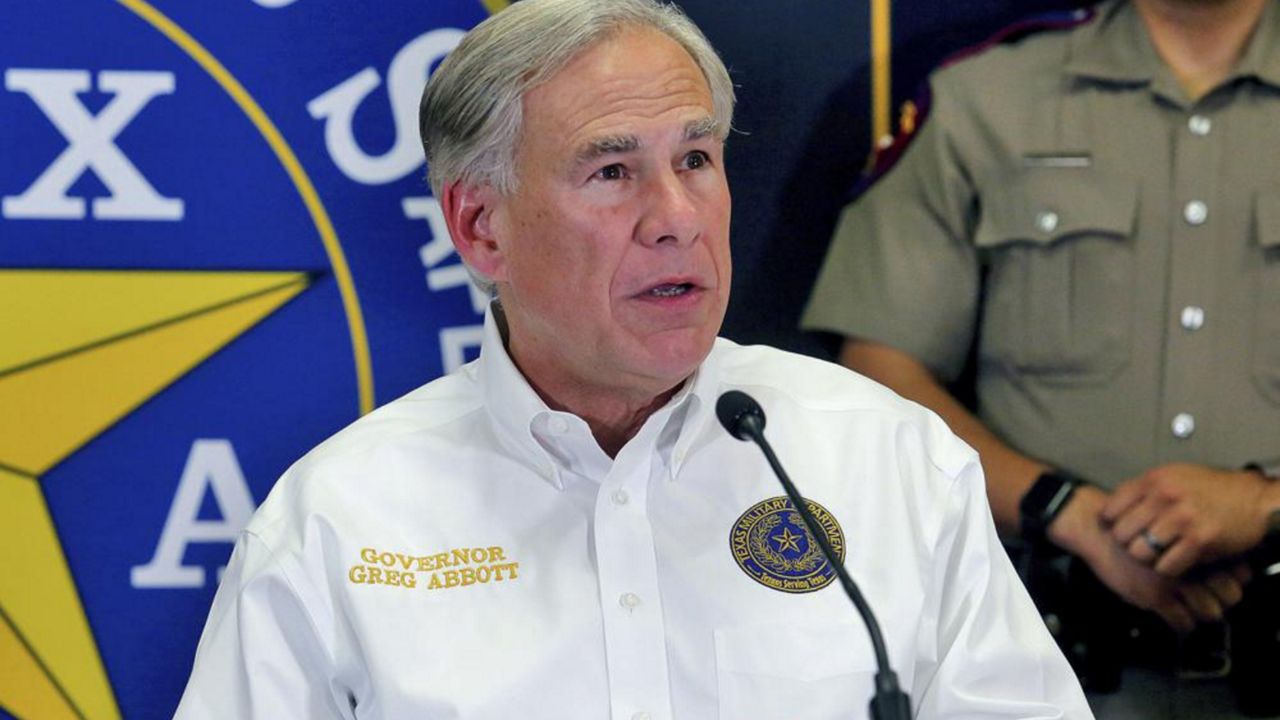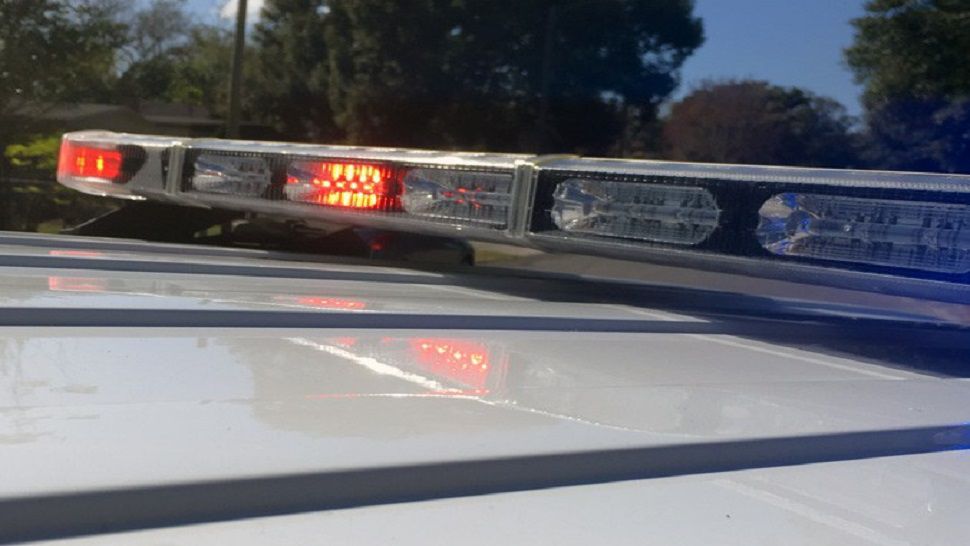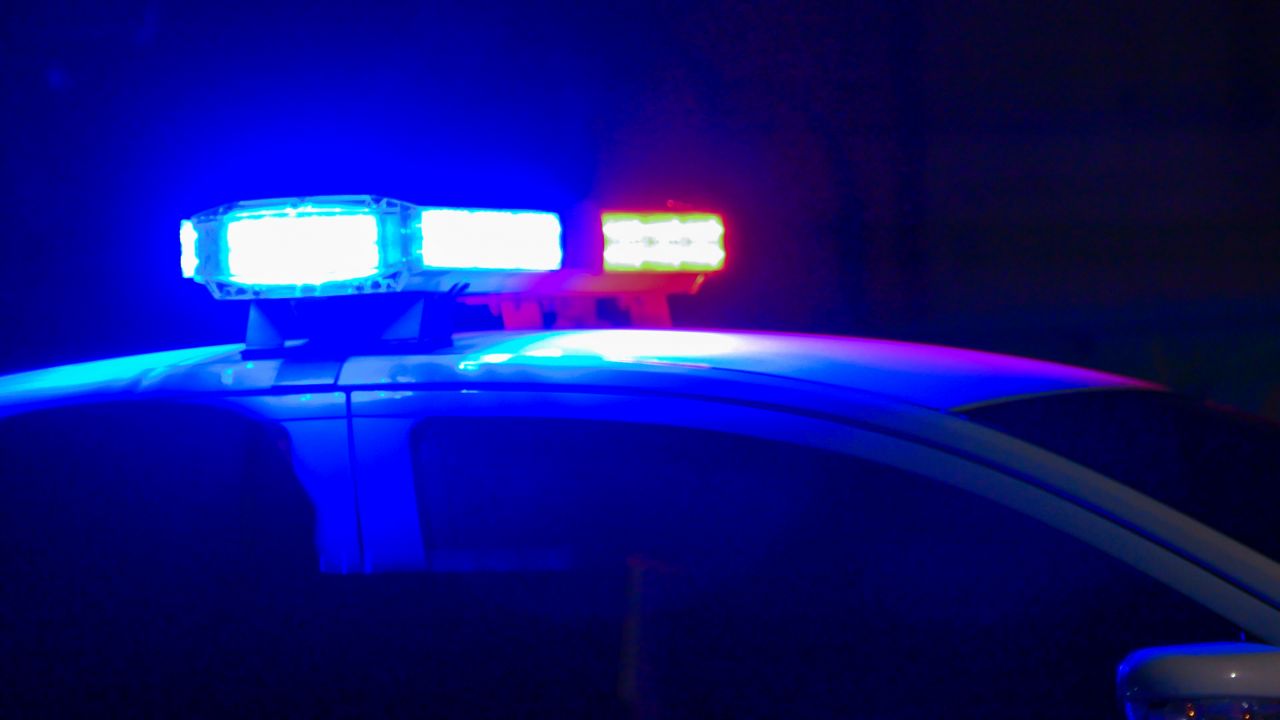DALLAS — A self-defense program previously paused due to COVID restrictions has been started up again by the Transportation Security Administration. The Crew Member Self Defense Training, which provides four hours of hands-on and classroom training, is vital as unruly passenger incidents are on the rise.
The Federal Aviation Administration reports this year alone, there have already been 700 unruly passenger investigations initiated by the agency, more investigations than the last five years combined. Of the nearly 4,000 unruly airline passenger reports to the FAA this year, about 3,000 of them were mask-related incidents. And now that the TSA has extended the federal face mask requirement across transportation networks through Jan. 18, 2021, flight attendants across the nation are upping their self-defense skills to be prepared for the worst.
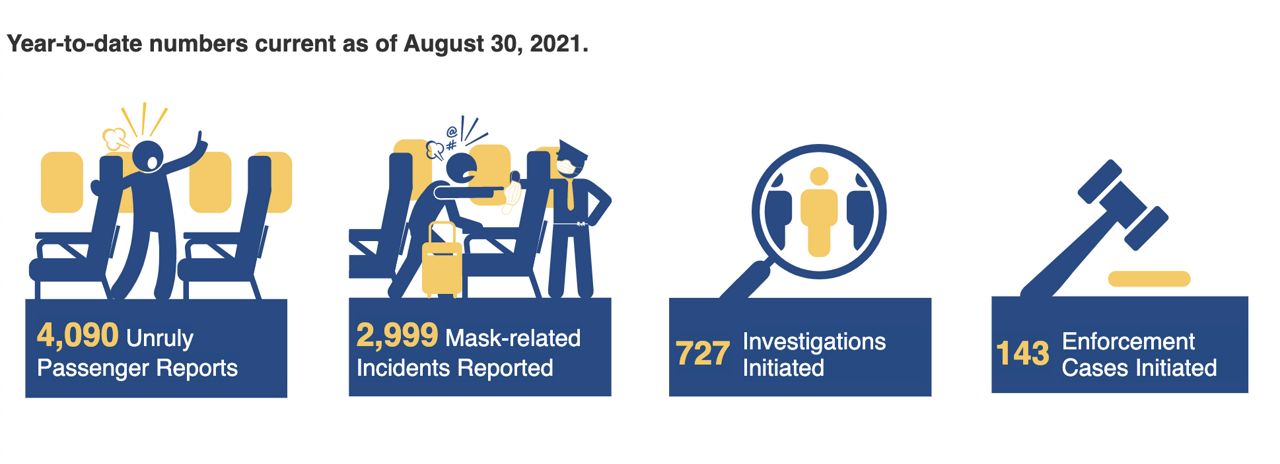
"It feels like given the environment, everyone's at the top of their threshold and they're willing to lash out at any minute. So you always have to be aware and ready,” said Southwest Airlines flight attendant Nick Guillot.
Guillot has been a flight attendant with Southwest for nearly two decades. While he hasn’t personally experienced a physical altercation in a fight, he knows this course will prepare him if one does arise.
"I have had some friends from other airlines and our airline that have told stories of situations that they've encountered,” Guillot said.
"Personally, being in the airplane, we are finding a little bit more aggression with passengers and the mask mandate and alcohol. So I just feel for my safety and the safety of my passengers, I need to be prepared,” said Mesa Airlines flight attendant Isabel Romo.
This summer, Southwest, United and American Airlines announced they were limiting or delaying the return of alcoholic beverage services on flights. A Southwest spokesman attributed that decision to “the recent uptick in industry-wide incidents of passenger disruptions inflight.” A restart date for alcohol on flights for Southwest hasn’t been announced, but American is continuing the suspension until January 2022, (coinciding with the federal mask mandate extension) and United has resumed selling some alcohol, but not hard liquor.
Romo said as a woman it’s even more important to her that she refreshes her self-defense skills with the course offered by TSA. She’s had issues with passengers refusing to comply with the mask requirements and wants to be prepared if things get out of hand.
“Passengers refusing to wear a mask and understanding why it's important. Passengers are walking in with already having had drinks in the bars at the airport and so forth. And then people take medications and stuff, so that affects their ability to behave correctly,” Romo said.
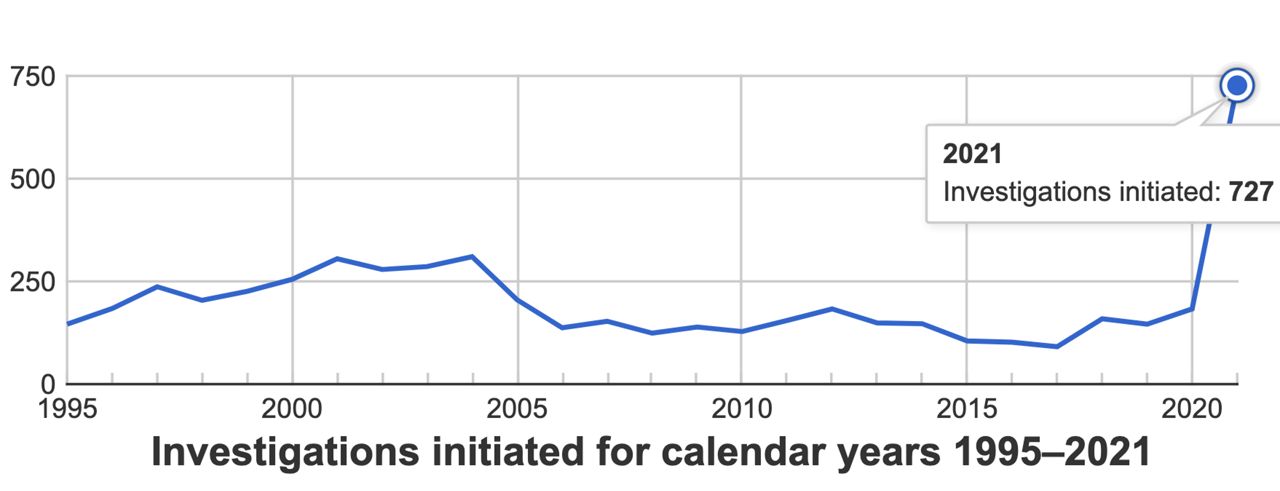
Assaulting or threatening a member of the flight crew is a federal crime. The agency will pursue legal enforcement action against any passenger who assaults, threatens, intimidates or interferes with airline crew members. Passengers are subject to civil penalties for such misconduct, which can threaten the safety of the flight by disrupting or distracting cabin crew from their safety duties. Additionally, federal law provides for criminal fines and imprisonment of passengers who interfere with the performance of a crewmember’s duties by assaulting or intimidating that crewmember. The FAA has proposed another $531,545 in civil penalties against 34 airline passengers for alleged unruly behavior, bringing the total for 2021 to more than $1 million.
In late May, Lyn Montgomery, the president of the TWU Local 556 in Dallas, said there had been 477 incidents of “misconduct” on Southwest planes between April and May 15. A 28-year old woman, now banned from Southwest Airlines, was charged with felony battery after an assault on an unnamed Southwest flight attendant which resulted in two lost teeth and facial injuries.
Supervisory Air Marshal in Charge Byron Irby wants passengers to keep a clear head during flights. He said having more than 4,000 flight attendants do this robust self-defense training gives him peace of mind that the volunteer crew members taking the course are more prepared for an altercation.
"People are just anxious to fly anyway. So I think with the pandemic, I think that people just have pent up frustrations and they look to release some of those frustrations. Not that they're purposely doing it, I don't think, but it does happen,” Irby said. “It's 35,000 feet in the air and I just think it's a bad situation to be in and I think that people just need to take their time, relax, and understand that we've all had have difficulties, whatever the case may be and just be a little bit more respectful to one another.
And that’s a sentiment echoed by both Romo and Guillot who say they’re just trying to make flights as enjoyable as possible.
"You know, I just ask passengers to keep that in mind that we're not there to make their flights difficult, we're there to protect them, and to make it as enjoyable as possible and unfortunately this is part of it,” Romo said.
“I mean, we come to work because we love our jobs, we love taking care of people,” Guillot said. "Understand, this is a challenging time. We're just here to do our jobs and go home to our families at night, just like you are. So we just ask for a little bit of grace and understanding.”
The TSA CMSD Training Program furnishes certified instructors to provide flight crew members with effective defensive measure techniques for responding against an attacker in a commercial passenger or cargo aircraft. During the training, flight crew members learn to identify and deter potential threats, and if needed, apply the self-defense techniques against attackers. The voluntary four-hour training is offered to flight crew members free of charge and is held at 24 locations around the United States. All active flight crew members for domestic carriers are eligible to register for the training.








